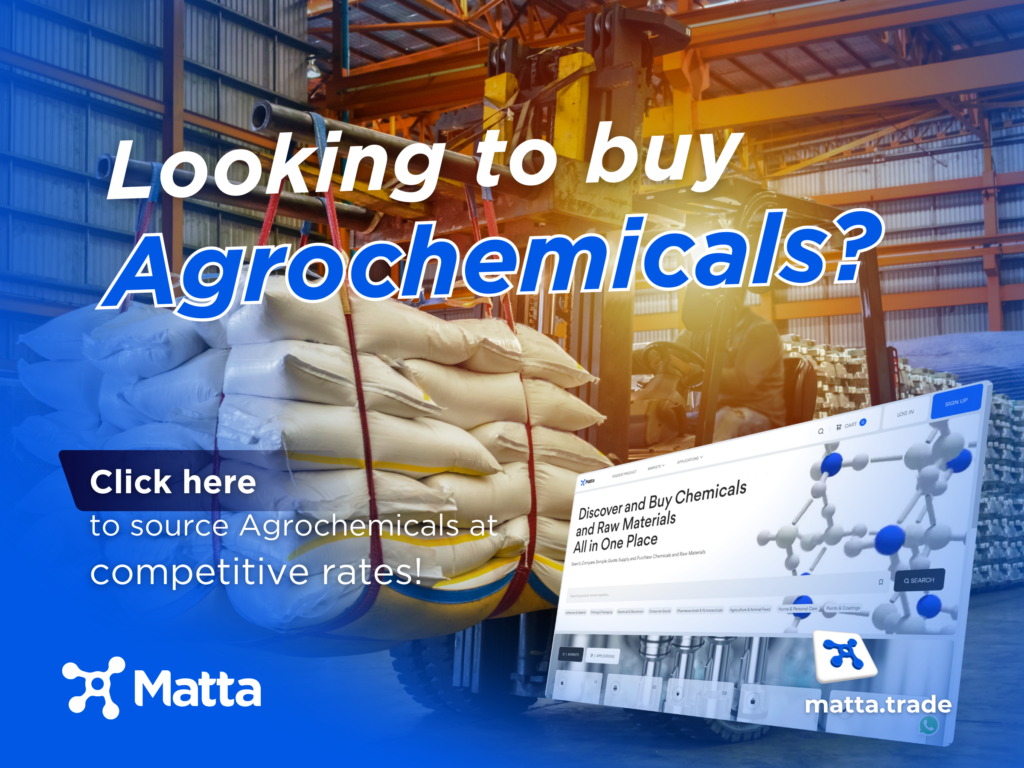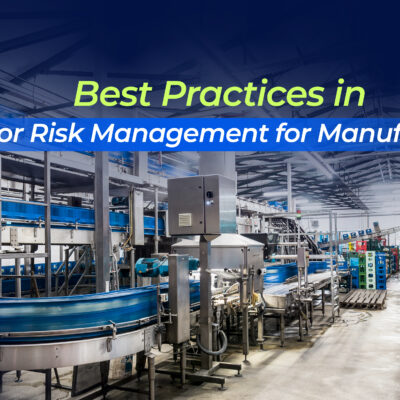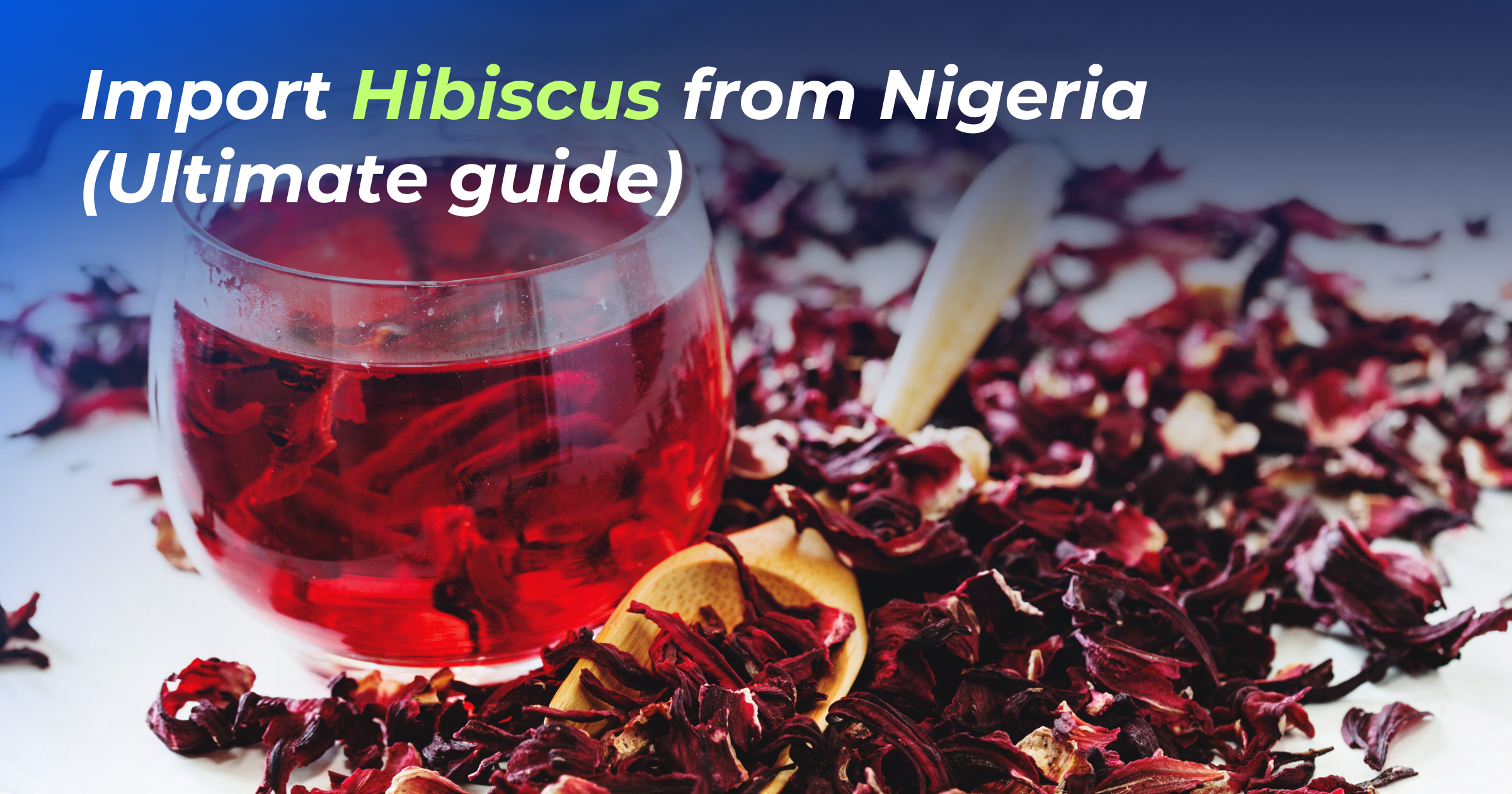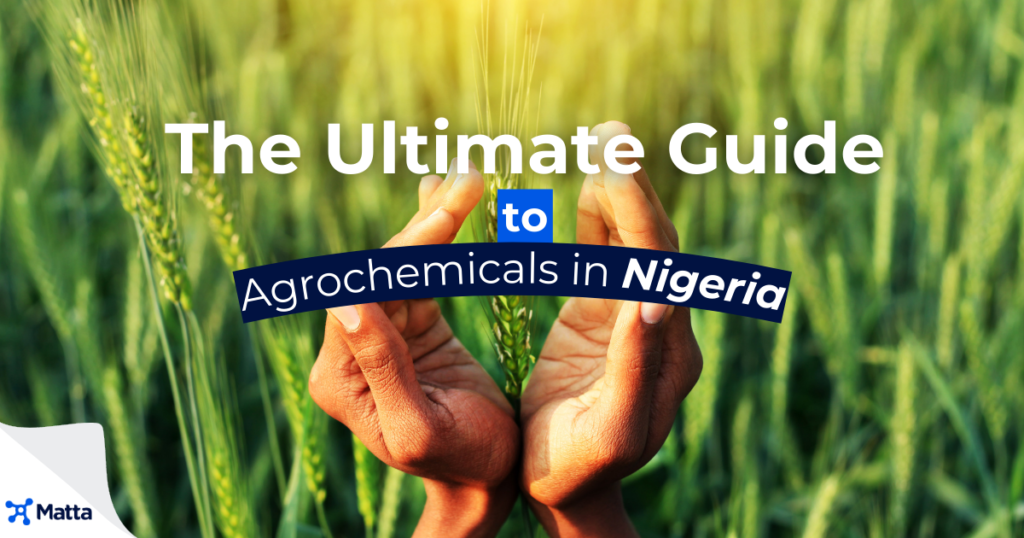
Welcome to Nigeria’s most comprehensive agrochemicals resource. Whether you’re an investor scouting for your next venture, a farmer seeking to maximize yield or a policy maker seeking to shape the agricultural future in Nigeria, this guide is your actionable compass.
We will delve deep in a vital sector for the country’s economy, food security, and sustainable development. So, fasten your seatbelt and get ready to master the complexities of the Nigerian agrochemical market. By the end of this guide, you’ll not only be informed; you’ll be transformed.
Introduction: What Are Agrochemicals?
Agrochemicals are specialized chemicals essential to the lifespan of crops, as it gives them a fighting chance against an array of foreign bodies, from nutrient deficient soil to voracious pests. Fertilizers provide essential nutrients like nitrogen, phosphorus, and potassium to enrich the soil. Pesticides are the protectors, guarding the soil against pests and diseases, while herbicides keep crops safe against unwanted plants and weeds. Fungicides guard against fungi, to keep the crops healthy, and ensuring bountiful yields.
Together, these chemicals boost agricultural productivity by creating a favorable environment for crops to thrive.
Agrochemicals are not just tools; they are double-edged swords. While they promise higher yields and healthier crops, they also come with their challenges— environmental impact, health concerns, and regulatory hurdles.
Market Overview
Currently valued at approximately $1 billion, and growing at a 5.6% CAGR, Nigeria’s agrochemical space presents dynamic opportunities for investors, manufacturers, and policymakers alike.
Standing still is not an option in this evolving landscape. Key trends include:
- The Organic Shift: Growing interest in sustainability is driving demand for organic-agrochemicals and eco-friendly alternatives.
- Government Initiatives: Programs like the Anchor Borrowers’ Programme act as catalysts, improving farmers access to agrochemicals and thereby boosting market growth.
- International investment: International investors are increasing production capacity in the Nigerian Agriculture market, thereby increasing market size.
Stakeholder Dynamics
Understanding the market means understanding its players:
- Farmers: The end-users driving demand.
- Manufacturers: The creators of agrochemical products who must navigate a maze of regulations and consumer expectations.
- Distributors: The vital link between manufacturers and farmers, ensuring ethical distribution of products.
- Government Agencies: The regulators shaping market regulations.
The Nigerian agrochemical market is fertile ground for those with an eye on investment. Whether it’s in the development of new, sustainable products or the expansion of distribution networks, opportunities abound. And for those who know where to look, the rewards can be significant.
The Architects of Supply: Major Producers
In the agrochemical sector, producers are the architects of supply, crafting the products that meet the diverse needs of Nigerian agriculture. Key players include Dangote Agrochemicals Ltd an industry leader with an extensive range of portfolio. Notore Chemical Industries, a homegrown success with high quality fertilizers, and Springfield Agrochemicals, a rising star offering innovative solutions to long standing agricultural challenges.
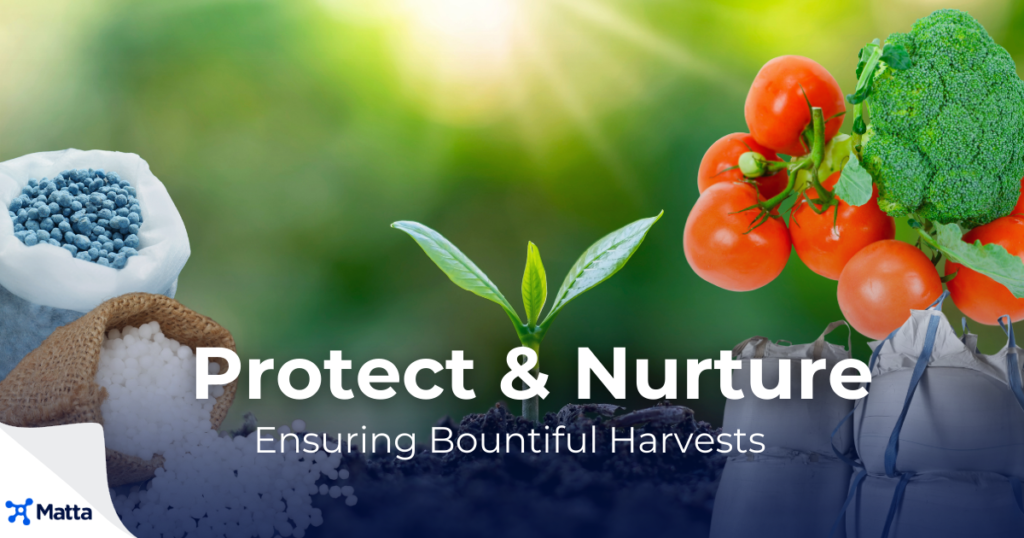
The Pulse of Demand: Major Consumers
Understanding the agrochemical market is incomplete without recognizing its consumers—the heartbeat of demand. Here’s who they are:
- Smallholder Farmers: These are the backbone of Nigerian agriculture, often working on less than two hectares of land but collectively contributing to a significant portion of the market demand.
- Commercial Farms: With larger land holdings and more resources, they drive the demand for specialized and bulk agrochemical products.
- Government Agricultural Projects: State-led initiatives often require large quantities of agrochemicals, making the government a significant consumer.
In the agrochemical market, producers need to understand their consumers’ unique challenges to create effective products. Conversely, consumers rely on producers for quality, reliability, and innovation.
This section aims to give you a comprehensive understanding of the key players in the Nigerian agrochemical market. Their roles, impact, and interdependencies are crucial for anyone looking to navigate this complex landscape successfully.
Challenges and Opportunities in Nigeria’s Agrochemical Sector
In the agrochemical sector, challenges are puzzles waiting to be solved. Navigating regulations is complex, especially with strict quality standards and import restrictions. For instance, counterfeit agrochemicals undermine market trust, while environmental concerns, especially with synthetic products, pose additional challenges.
Despite the challenges faced, opportunities abound. The growing population drives the demand for food and agrochemicals. Technology advancements in formulations and application offer avenues for market growth. Furthermore, the present market focus on sustainability opens the path for organic and eco-friendly agrochemical products to thrive efficiently.
Factors Affecting Demand and Supply in Nigeria’s Agrochemical Sector
In the agrochemical market, demand is a living, breathing entity shaped by a multitude of factors. In light of the nation’s continuously growing population, the demand for food and agrochemicals increases with private sector investments and government initiatives driving agricultural expansion, enabling the need to mitigate climate change effects on crops.
Evidently, on the flip side, the ability of manufacturers to meet demand is a critically hinged on technological advancements and investment, with import restrictions affecting the availability of key raw materials, while the efficiency of distribution networks ensure that there’s a balanced supply chain serving both manufacturers and end-users.
Value Chain Analysis
This section aims to provide a bird’s-eye view of the agrochemical value chain in Nigeria, highlighting each stage’s significance and challenges. Understanding this chain is essential for anyone looking to make a meaningful impact or investment in this market.
Here’s how value is created in the agrochemicals industry and the people involved;
Raw Material Sourcing
- Importation of Active Ingredients: Many agrochemicals start their journey abroad, as active ingredients are often imported. This stage is crucial because it sets the tone for quality and cost.
- Local Extraction of Minerals: For fertilizers, locally sourced minerals like phosphate and limestone play a significant role, contributing to the economy and sustainability.
Production
- Formulation of Agrochemicals: This is where science meets industry. Manufacturers blend active ingredients with other compounds to create effective and safe agrochemical products.
- Quality Control and Packaging: Products undergo rigorous quality checks before hitting the market. Packaging is more than just a container; it’s a billboard communicating brand value and product information.
Distribution
- Wholesale Distribution: Bulk sales to distributors or large farms are a common first step in the product’s journey to the end-user.
- Retail Sales Through Agro-Stores: For smallholder farmers, local agro-stores serve as the final stop, making them a critical part of the value chain.
Consumption and Feedback
Application by Farmers: The ultimate test of an agrochemical’s efficacy is in its application. Farmers’ experiences and feedback loop back into the value chain, influencing future production and distribution strategies.
Market Segmentation
Market segmentation is like viewing a landscape through different lenses—each one reveals a new layer of detail. Understanding these segments is crucial for targeted marketing, product development, and strategic planning.
Nigeria’s agrochemicals market is largely influenced by certain factors. These factors determine how various stakeholders interface. The market is segmented.
By Type of Agrochemical
- Fertilizers: Dominating the market, fertilizers are the go-to solution for soil nutrient enhancement. They are further segmented into organic and inorganic types.
- Pesticides: A broad category that includes insecticides, herbicides, and fungicides, each serving a specific purpose in crop protection.
- Herbicides are particularly popular in regions with large-scale farming, where manual weeding is impractical.
By End-User
- Crop-Based Agriculture: This segment includes grains, fruits, and vegetables, each with its own set of agrochemical needs.
- Animal-Based Agriculture: Livestock farming also requires agrochemicals, albeit of a different kind, such as feed additives.
Via Geography
- Northern Nigeria: Known for its arid conditions, the North has a fertilizer-heavy market to enhance soil fertility.
- Southern Nigeria: With a more humid climate, the South sees a higher demand for pesticides and herbicides to combat pests and diseases.
By Distribution Channel
- Direct Sales: Some large farms and government projects procure directly from manufacturers.
- Retail Stores: Smallholder farmers often rely on local agro-stores for agrochemical needs.
The Final Word: A Market of Paradoxes and Possibilities
Navigating Nigeria’s agrochemical market requires a well-rounded understanding of its various facets.
The agrochemical market in Nigeria is a fascinating tapestry of challenges and opportunities, intricacies and simplicities. It’s a sector that demands attention, not just for its economic potential but also for its role in shaping the future of food security and environmental sustainability in Nigeria.
This guide aims to serve as your go-to resource for making informed decisions. Matta’s chemical marketplace offers a streamlined, efficient platform to meet your needs if you want to source or sell agrochemicals.
Your Next Steps with Matta
If you’ve made it this far, you’re not just a reader but a knowledge seeker, and potential game-changer in the agrochemical landscape. We hope this serves as a valuable resource in your journey through the agrochemical market in Nigeria.
And what’s the next? It’s to take action. Whether you’re looking to invest, source, or learn more, Matta’s chemical marketplace offers a streamlined, efficient platform to meet your needs. Don’t just be a spectator; be a participant.
Until next time, keep growing, innovating, and making a difference.
